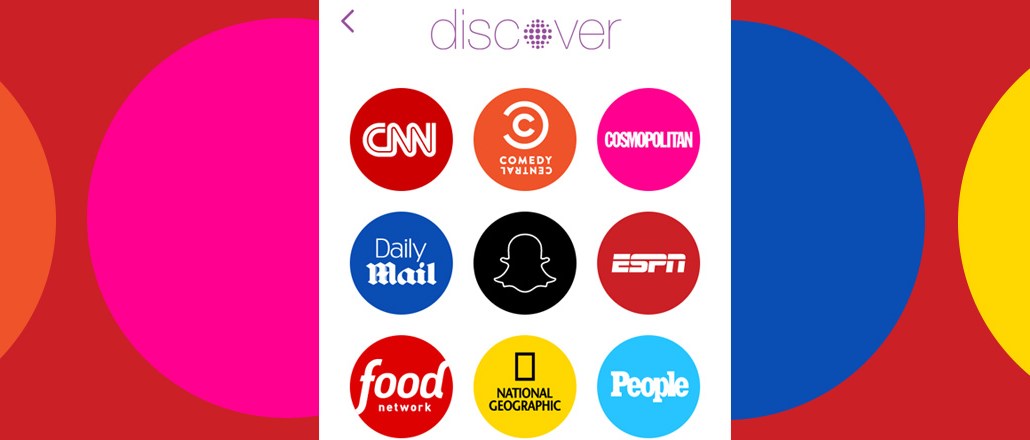
Justin Smith, CEO of Bloomberg Media Group, has some words of warning for publishers that would take a promiscuous approach to publishing directly to Facebook, Google and other platforms: Beware of diluting your brands.
“There’s a lot of brand risk with the shifting consumption of media,” he said, speaking Thursday on a panel at Advertising Week in New York. “There’s brand blindness, as people consume more and more of their content through feeds. How many times can you just not remember where you read something? That’s a real problem, and media companies need to think about that very hard as they effectively outsource their distribution channels — which we’ve done to some extent, but we don’t believe in the 100 percent outsourcing of your distribution.”
Bloomberg is one of the more high-profile contrarians on platforms, and Smith’s forceful comments come as publishers are getting more and more come-ons to distribute their content directly on social and mobile platforms from the likes of Facebook with its Instant Articles product, Apple with its Apple News app; Snapchat with its Discover feature; and a new open-source project spearheaded by Google.
There was some initial industry reluctance, but it was short-lived: now, most major publishers are clamoring to get on board, recognizing that people are increasingly likely to discover the news on social platforms rather than come to publishers’ sites directly. Hearst Magazines president David Carey said on the same panel that all these platforms were becoming increasingly important partners to Hearst, noting that Hearst flagship Cosmopolitan was getting 30 million views a month on Snapchat. “This is a world we are increasingly comfortable with.” Fellow panelist Vox Media chief Jim Bankoff also effused about Snapchat, hinting at a product Vox was getting ready to launch on Discover.
It may easier for a media company like Bloomberg to take a contrarian approach to platforms; with its already sizable, global reach through its radio, TV, Web and print products, it has plenty of avenues to reach consumers. But plenty of others have echoed his concerns, even as the platforms have given offered financial incentives to encourage media companies to publish directly to them. “The more publishers put content on Facebook, the less they will depend on any one particular publisher,” Brian Fitzgerald, co-founder and president of Evolve Media has said.
That said, even Bloomberg can’t ignore the call of platforms entirely. With respect to video, for example, it’s struck partnerships with publishers including Yahoo, MSN and The Telegraph to distribute its clips, which has resulted in a “significant” increase in views, by the company’s own admission.
Image courtesy of Facebook Instant Articles.
More in Media

Media Briefing: Publishers who bet on events and franchises this year are reaping the rewards
Tentpole events and franchises are helping publishers lock in advertising revenue.

With Firefly Image 3, Adobe aims to integrate more AI tools for various apps
New tools let people make images in seconds, create image backgrounds, replacing parts of an image and use reference images to create with AI.

Publishers revamp their newsletter offerings to engage audiences amid threat of AI and declining referral traffic
Publishers like Axios, Eater, the Guardian, theSkimm and Snopes are either growing or revamping their newsletter offerings to engage audiences as a wave of generative AI advancements increases the need for original content and referral traffic declines push publishers to find alternative ways to reach readers.






